3 Reasons your mattress is keeping you awake at night
Struggling to sleep or having a disturbed, uncomfortable night can ruin your day or even week. A lot of people put down this poor sleep to life stress, being too busy or having hectic lives. But what if it’s actually your mattress? We take a look at 3 common reasons that your mattress is the culprit for keeping you awake and how you can fix it.
First, let’s look at how important sleep is.
How much time do we spend in bed?
Studies show that the average person spends around 26 years sleeping in their lifetime, which equates to 9,490 days or 227,760 hours. That’s about one-third of our entire lives spent asleep! Therefore, on average, people in the UK spend about 26 years in bed over the course of their lifetime.
We always recommend to our customers that they aim for 6 hours of sleep per night minimum. Ideally, the optimal amount of sleep you need is 8 hours, so ensuring your mattress is suitable is key to getting a solid night’s sleep without disturbance.
Why sleep is important
Sleep is important because it allows the body and mind to rest, recover, and rejuvenate. It supports cognitive function, including learning, memory, and problem-solving. This is why a poor night’s sleep can leave you feeling irritable and unable to think clearly.
Sleep is crucial for physical health, immune system function, and mental well-being. It enhances performance, productivity, and safety in various tasks. Overall, sleep is essential for optimal health, well-being, and quality of life, which is why tackling any routine sleep issues, like these mattress problems, is vital to getting the very best night’s sleep.

1.Mattress Discomfort
It is possible that your mattress is keeping you awake at night if it is uncomfortable or if it is not providing the right level of support for your body. A mattress that is too soft or too firm can cause discomfort and lead to poor sleep quality, which can make it harder to fall asleep and stay asleep.

An old or worn-out mattress can also contribute to sleep problems, as it may not provide adequate support or maybe sagging in certain areas. This can cause discomfort and pain, particularly in the back and joints, which can make it difficult to get comfortable and fall asleep.
If you suspect your mattress is keeping you awake at night, it may be worth considering investing in a new mattress that suits your needs.
Look for a mattress that is comfortable and provides the right level of support for your body, taking into account factors such as:
- Your weight
- Sleeping position
- Specific health concerns you may have.
It is also important to consider other factors that can impact your sleep quality, such as your sleeping environment, stress levels, and sleep hygiene habits. By making changes to these factors and investing in a new mattress, you can create a sleep environment that is conducive to restful and restorative sleep.
Our sleep hygiene guide here will explain everything you need to know to get a great night’s sleep. You’ll be surprised at some simple tips you can implement in the bedroom to get a better night’s sleep!
2. Bugs, bacteria and other mattress nasties
While a mattress is not a breeding ground for bacteria and other microorganisms, some common nasties can still live in a mattress over time. Especially in humid rooms or if you’ve not been fully following your mattress care guidelines, such as turning your bed regularly, cleaning bedding on a 60-degree wash or airing your bedroom frequently.
These mattress nasties to look out for include:
Dust Mites
Dust mites are tiny bugs that live in bedding, carpets, and other soft furnishings. They feed on dead skin cells and can cause allergies and asthma in some people. Dust mites are commonly found in mattresses, as they thrive in warm, humid environments.
Whilst a certain level is acceptable and inevitable, it’s important to have a weekly cleansing regime where you strip and wash your bedding each week. Vacuum the surface of your mattress and keep good bedroom hygiene.

Mould
Mould is a type of fungus that can grow in damp environments. If a mattress becomes wet or is exposed to high levels of humidity, mould can grow on the surface of the mattress. This can cause health problems for some people, particularly those with allergies or respiratory conditions.
Airing your room and ensuring you keep the humidity level low is the best way to avoid mattress mould.

Bed Bugs
Bed bugs are small insects that feed on blood. They are commonly found in mattresses, as they can hide in the seams and crevices of the mattress. Bed bugs can cause skin irritation and be difficult to remove once they infest a mattress. If you have bed bugs, the best solution is to clean all bedding on a 60-degree wash, replace your mattress and call in a specialist company to deep cleanse your bedroom.
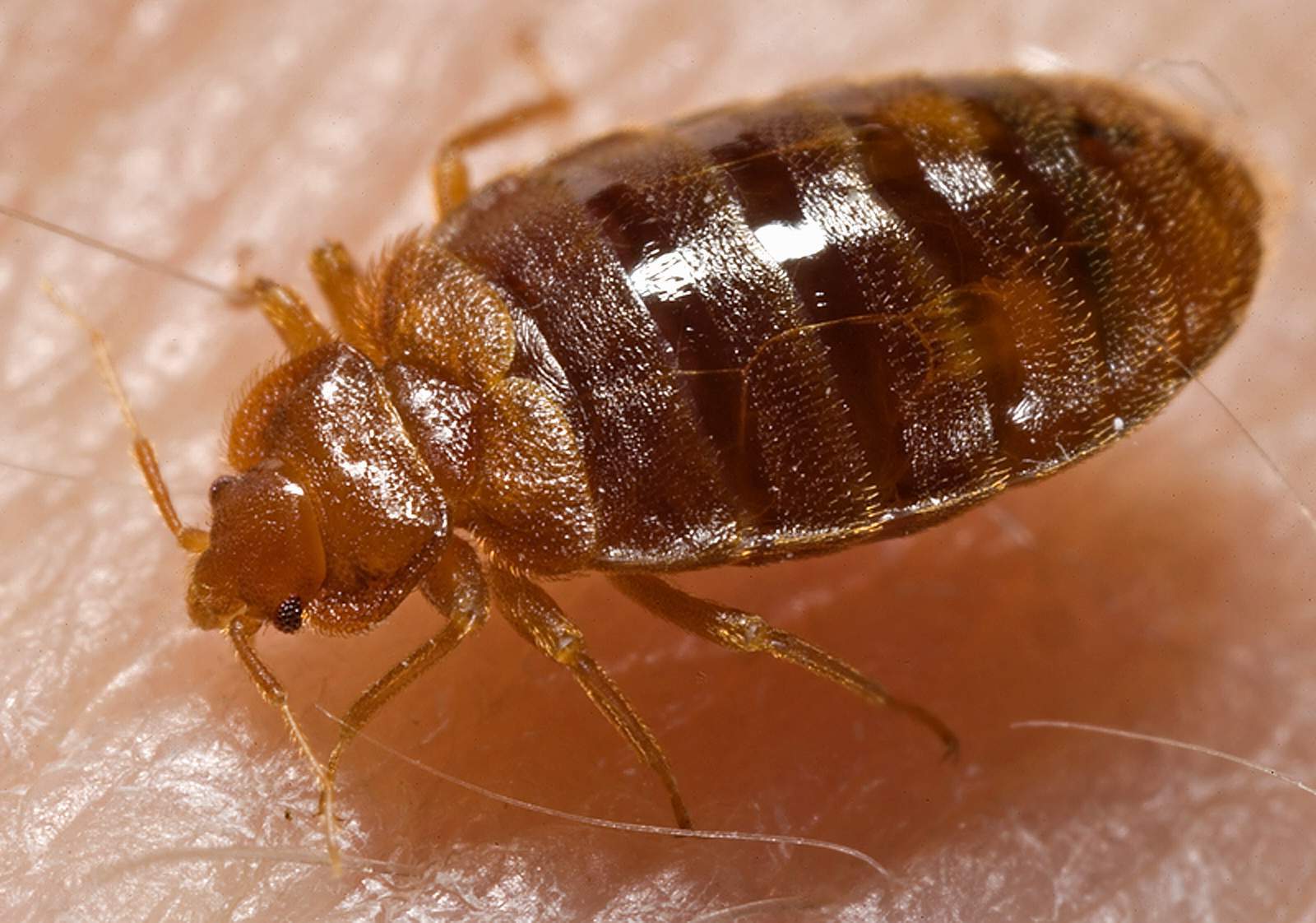
Bacteria
While bacteria are not commonly found in mattresses, they can accumulate over time if the mattress is not cleaned regularly. This can cause unpleasant odours and may increase the risk of infection for people with weakened immune systems. If you see stains or odours arising from your mattress, it may be due to a high level of sometimes invisible bacteria.
This why using a mattress topper and protector that can be machine washed is essential to ensure your mattress doesn’t become a breeding ground for bacteria.
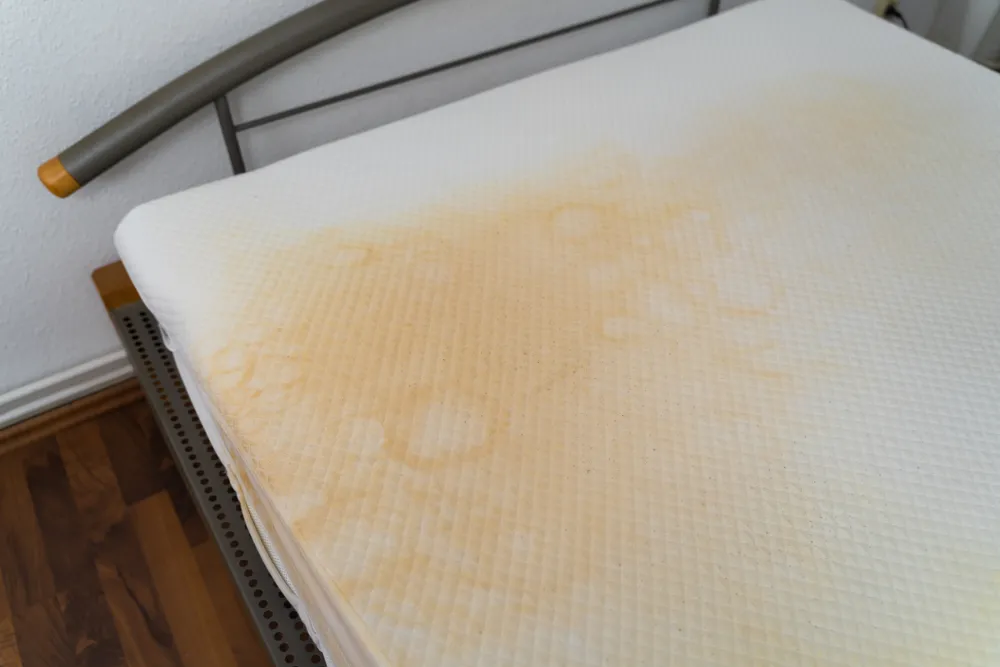
To minimize the risk of these nasties living in your mattress, it is important to keep your mattress clean and dry. This includes regularly washing your bedding, using a mattress protector, and vacuuming your mattress to remove any dust and debris. If you suspect that your mattress is infested with bed bugs or mould, it may be necessary to replace the mattress to prevent further health problems.
3. Noises in the Night: squeaky mattresses
Noise in the night can be a real pain when trying to get to sleep. Then during the night, repetitive noises can also wake you up, meaning that finding a quiet bedroom is key to better sleep.
There are several reasons why a bed may squeak. The most common cause is typically the bed frame or bed base rather than the mattress itself. If your mattress is placed on a metal frame or platform that is old or worn, the metal may start to creak and squeak as the mattress shifts or moves. This can be particularly common with cheaper bed frames that are made from thin, flimsy metal.

Another common cause of mattress squeaking is loose or broken bed frame components, such as screws or bolts. Over time, these components may start to loosen or wear down, which can cause the frame to shift and the mattress to squeak.
To fix a squeaky bed, start by inspecting the bed frame for any loose or damaged components. Tighten any screws or bolts, and consider adding additional support to the frame if needed.
If the squeaking persists, it may be time to invest in a new mattress or bed frame. When shopping for a new mattress, look for high-quality materials and construction, and consider investing in a mattress that is designed to be quiet and stable.
If your mattress is making noise when you move around or sleep on it, there could be a few different reasons why this is happening:
- Age: Over time, mattresses can start to wear out and lose their shape, which can cause the materials to shift and create noise when pressure is applied. If your mattress is old and has not been replaced in many years, this could be a reason why it is noisy.
- Poor Quality: If your mattress is made from low-quality materials or has a low coil count, it may not provide enough support and can cause the materials to shift and make noise.
- Foundation: The foundation or bed frame that your mattress is sitting on may be the source of the noise. If the frame is old or not supportive enough, it can cause the mattress to shift and make noise.
- Movement: If you or your partner move around a lot during the night, this can cause the mattress to shift and make noise. This is especially true if you are sleeping on a spring mattress, which can be more prone to noise.
To reduce mattress noise, start by identifying the source of the problem. If your mattress is old or of poor quality, consider replacing it with a new one. If the noise is coming from the bed frame or foundation, consider adding additional support or investing in a new frame.
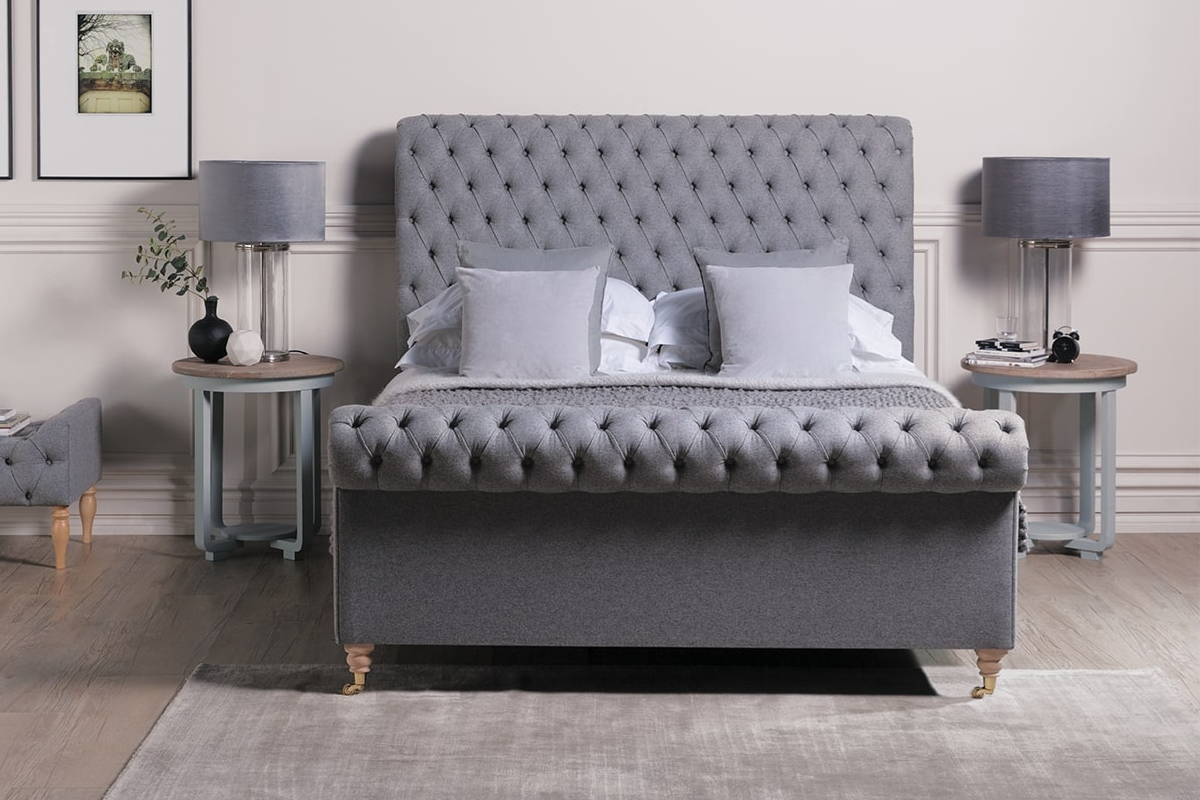
You can also try using a mattress topper or pad to help absorb some of the noise and provide additional support.
Finally, if the noise is due to movement, consider sleeping on a mattress with motion isolation features to help minimize the noise, such as a quality pocket spring mattress or a dual spring bed which has much less transference for the sleeper.
Nobody wants to wake up feeling irritable, itchy or tired every morning. By checking your mattress doesn’t suffer from the three main faults above, you can at least rule this out from your list of sleep problems. If your mattress is the culprit, it may be time to consider replacing it. Most mattresses have a life span of 7 years, and no bed will last forever, so it may be that you’re already needing to consider choosing a new bed.
You can ensure a much better night’s sleep by consistently following decent mattress hygiene and keeping an eye on your bed for any of the top 3 mattress niggles. If you think it’s time for a change, then why not call our small friendly team on 0161 437 4419 or drop us a message below for more help?
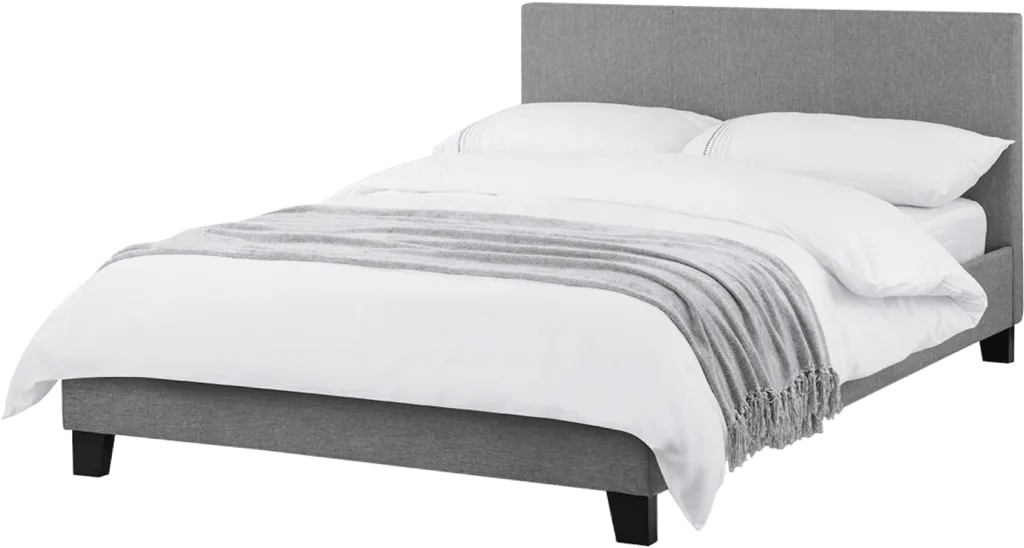

Ask us a question.
There are over 6000 questions and answers submitted by you on all questions about mattresses and bed problems. Enter a keyword such as Vi Spring, John Lewis beds, bad back or Memory Foam and see if your question has already been answered.
You can filter popular questions by the categories below. If you can’t find an answer, ask a new question below. We aim to respond to all questions within one working day.



































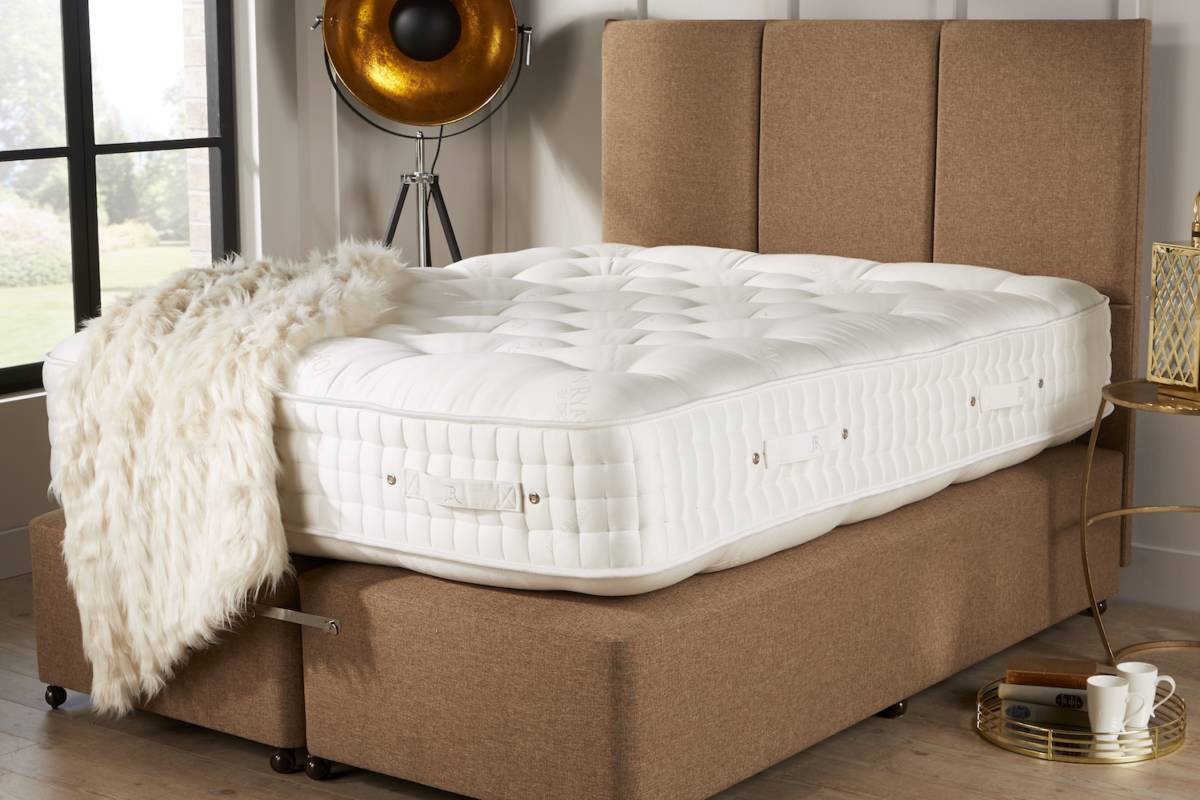


 Mattresses
Mattresses  Take our mattress quiz
Take our mattress quiz  Contact
Contact  About us
About us 



